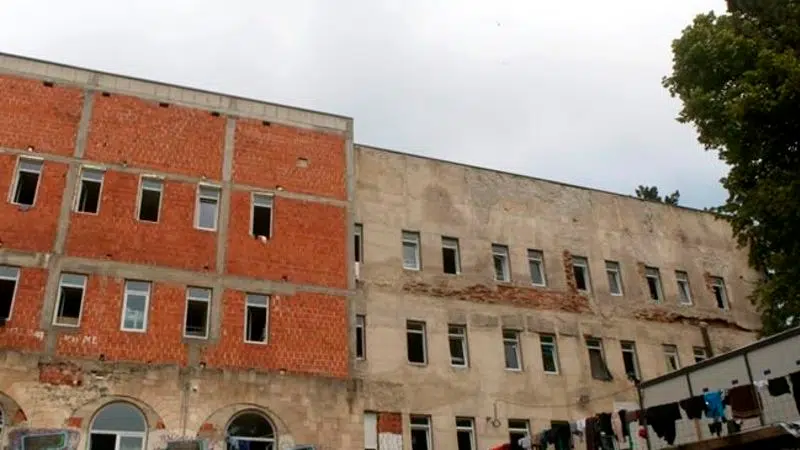
Aid groups: Migrant humanitarian crisis looming in Bosnia
SARAJEVO, Bosnia — Aid groups are warning of a developing humanitarian crisis in Bosnia as more migrants make their way to one of Europe’s poorest and most volatile countries, where the needs of the existing population already strain a thin social safety net.
The Bosnian Red Cross has sounded the alarm over a rising number of desperate migrants in the northwestern cities of Bihac, Velika Kladusa and Cazin.
“We are currently struggling to provide migrants with food and sanitary products,” said Selam Midzic, head of the Red Cross organization in Bihac.


